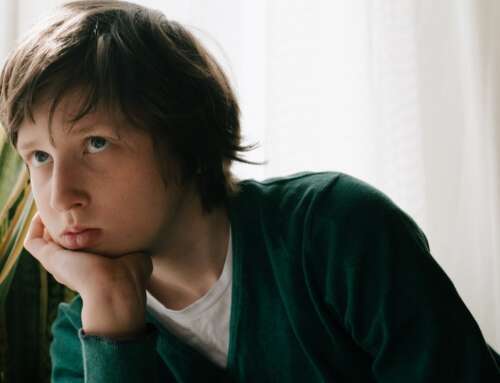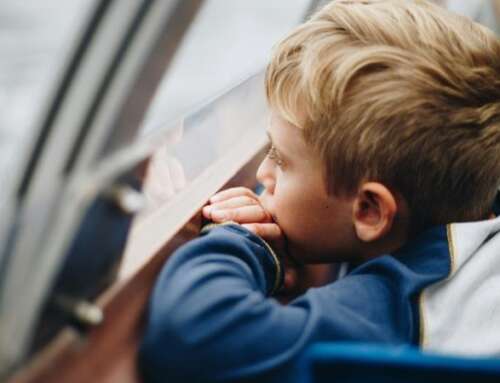Perhaps Facebook should carry a health warning. A study has revealed that the children who spend more time on online social networks feel less happy in almost all aspects of their lives.
The research by a team of economists at the University of Sheffield, to be presented at this week’s Royal Economic Society annual conference in Bristol, shows that the more time children spend chatting on Facebook, Snapchat, WhatsApp and Instagram, the less happy they feel about their school work, the school they attend, their appearance, their family and their life overall. However, they do feel happier about their friendships.
Economists found that spending just one hour a day on social networks reduces the probability of a child being completely happy with his or her life overall by around 14%. They found that this was three times as high as the estimated adverse effect on wellbeing of being in a single-parent household – and larger than the effect of playing truant.
The findings are likely to stoke the debate about the upsides and downsides of social media.
More than 90% of 16- to 24-year-olds use online social networks and while most sites stipulate a minimum user age of 13, few apply any checks. A BBC survey found that more than three-quarters of 10- to 12-year-olds have social media accounts. A report by the media watchdog Ofcom found that more than half of children aged as young as three and four use a tablet while one in seven has their own device.
The amount of time that children between eight and 11 and those aged 12-15 spend online has more than doubled in a decade, the Ofcom report found. Teenagers now spend nearly three and a half more hours a week online than they do watching television.
Social networking has altered childhood dramatically in the past decade and is becoming a concern for politicians and organisations responsible for safeguarding children. The NSPCC cited social media as a major cause of the dramatic increase in the numbers of children admitted to hospital after self-harming. The new research, which asked 4,000 10- to 15-year-olds to rate from one to seven how happy they were with different aspects of their lives, reveals that girls are more adversely affected than boys, as online social networking makes them feel less happy about specific areas of their life, in particular about their appearance and the school they attend. Boys were less happy with their friendships.
The research suggests that going online makes children more likely to make negative social comparisons with others.
– Jamie Doward
Read More: Revealed: the more time that children chat on social media, the less happy they feel







Leave A Comment